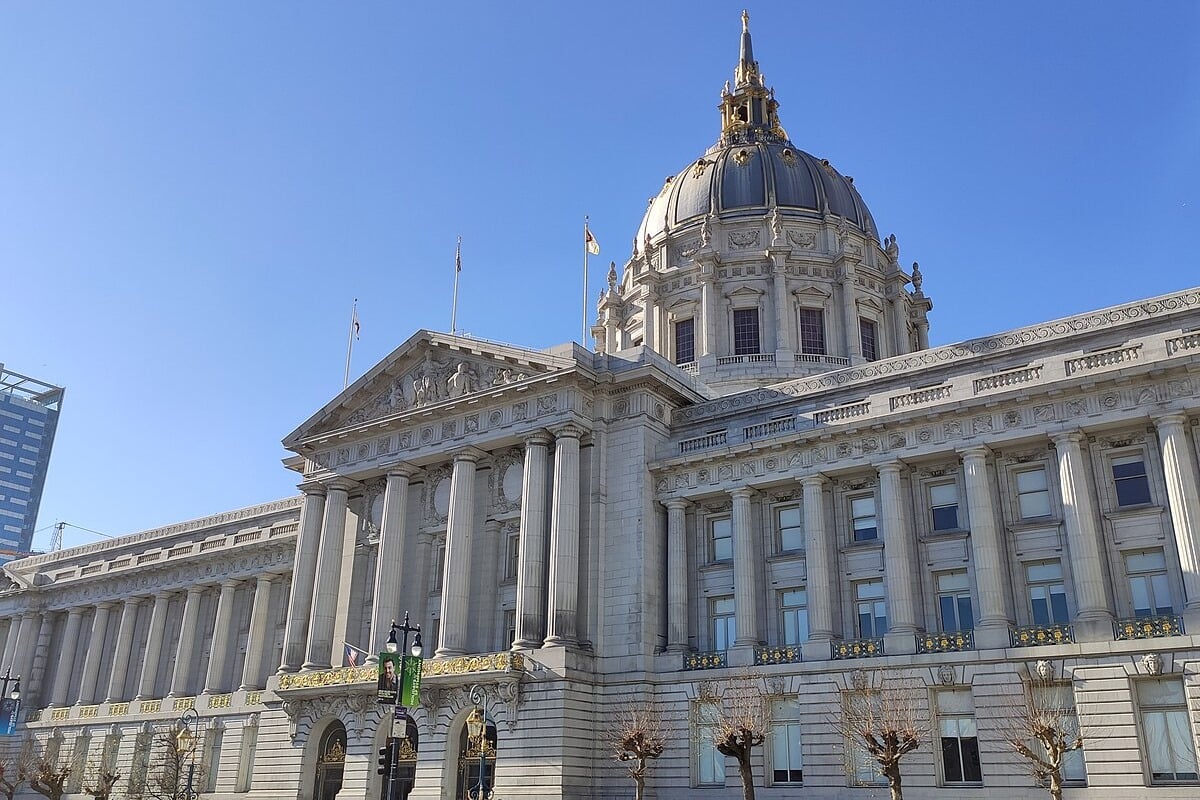San Francisco’s nonprofit organization Collective Impact has narrowly avoided a ban on city contracts despite its involvement in a bribery and corruption scandal. An administrative law judge, Andrea McGary, issued a late-night ruling allowing the nonprofit to continue receiving public funds, a decision that has sparked significant controversy.
According to a report from Mission Local, Judge McGary’s ruling was finalized without her having reviewed what she referred to as “critical” information essential for the case. The city attorney’s office has criticized the decision, labeling it “bizarre” and indicating plans to appeal. Jen Kwart, representing the city attorney’s office, expressed disbelief, stating it is “absurd” to consider Collective Impact a responsible contractor capable of handling public money.
The ongoing scandal involves allegations that Collective Impact misused city funds and engaged in bribery with Sheryl Davis, the former head of the San Francisco Human Rights Commission. Investigations revealed that both Davis and James Spingola, the recently resigned executive director of the nonprofit, benefitted from the organization’s resources. This included funding for personal expenses such as promotional costs for Davis’s book and podcast.
Controversy Surrounding City Contracts
The situation escalated when the city severed ties with Collective Impact, canceling five contracts amid allegations of conflicts of interest. The SF Chronicle reported that McGary’s ruling did not include a comprehensive analysis or justification, leaving city officials astonished at her decision. A spokesperson from the city attorney’s office remarked that the ruling failed to adequately consider all evidence provided, which further complicates the case.
The scandal is set against the backdrop of the Dream Keeper Initiative, a program aimed at directing funds into San Francisco’s Black community, overseen by Davis. An audit of the initiative uncovered at least $4.6 million in misallocated or misspent funds. As a significant beneficiary of this initiative, Collective Impact now finds itself at the center of this financial mismanagement.
Amid the turmoil, the judge’s unexpected timing and lack of detailed reasoning for her ruling have fueled further anger among city officials and constituents. With plans to appeal, the city attorney’s office is determined to challenge the decision that permits Collective Impact to regain its status as a city contractor. The outcome of this case could have lasting implications for how public funds are managed and the standards expected of nonprofit organizations in the region.
As the situation continues to evolve, scrutiny will remain on both Collective Impact and the city of San Francisco, highlighting the importance of transparency and accountability in managing public resources.








































































